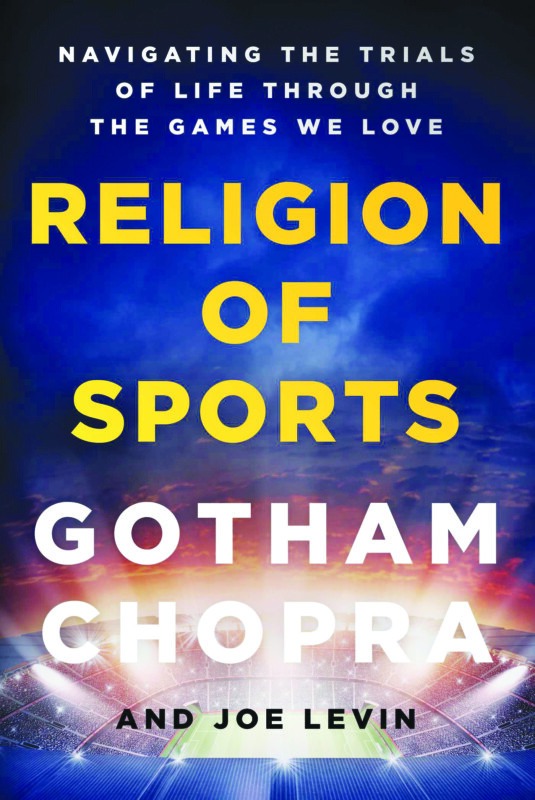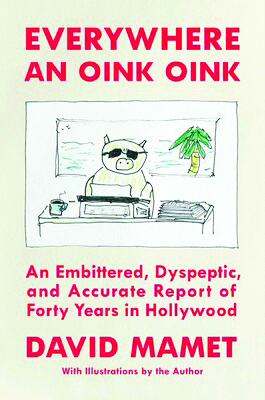The first short story in Jill McCorkle’s new collection, Old Crimes, is set in New Hampshire, but it’s not a story the Division of Travel and Tourism would care to tout.
In the story, a young couple, Lynn and Cal, spend a weekend at a family inn near Franconia, staying in a room with dark-paneled walls, “a faded floral bedspread, shades too small for the windows, and a forty-watt bulb in one lamp on the dresser.” It is a place full of toothpick holders and Early American decor that leaves Lynn “feeling like life had slowed, clicking like a dying engine, and then stopped.”
Oof. The Tyner Family Inn — “waterfront” if you don’t mind the long hike through the woods to get to a stagnant pond — is fictional though the rich detail suggests that McCorkle has had an unpleasant visit to a New Hampshire inn at some point in her past.
Lynn is hopeful that her boyfriend will suggest they look for a better place, but he doesn’t, and she struggles to find good in the weekend, her thoughts instead going to the titular “old crimes” — atrocities committed thousands of years ago and discovered by archeologists: for example, the Yde Girl and the Tollund Man, apparent victims of human sacrifice. She also ruminates on a vaguely threatening writing prompt from a creative writing class.
Concurrently, the couple encounter a 6-year-old girl — dirty, intrusive, “hair, teeth, nothing had been brushed” — whose presence triggers introspection in Lynn about her life and choices.
“Old Crimes,” the story, is stark and memorable, the kind of writing that could well end up in a “Best Of” anthology. The other 11 offerings are more of a mixed bag; though skillfully rendered, some are downright depressing, although that seems to be a requirement of the genre. There is a thread of humor throughout, however, as in the fourth story, “Commandments.”
In this story three women meet monthly at a cafe to commiserate about having been mistreated and then dumped by the same wealthy man — “kind of a First Wives Club, though of course, none of us had been married to him.”
The women are united in the shared experiences of over-the-top dates (one went to Bermuda, another to eat lobster in Maine, another flown to see the Northern Lights), of being wooed with suggestions of quitting their jobs and having children, of waking up under the same linen comforter in his ocean-view condo.
But there is a fourth woman in the story, the waitress named Candy: “ponytale, scaly reptile tattoo climbing her leg, big dark eyes that always look surprised.” The reptile isn’t her only tattoo. As the story unfolds, Candy keeps exposing others: some, quotes from Charlotte’s Web; others, random pieces of life advice she wants to remember. It’s unclear just how many tattoos Candy has, but the repeated revelations are a delight, set against the women’s discussion of how the unnamed man has done them wrong.
It turns out, however, that Candy has had her own encounters with the man; she had spurned his advances and dubbed him “the old creep.” Her take on the man turns the story — and our perception of all four women — on its head.
Although the stories in this collection are not all connected, Candy makes another appearance in “Baby in the Pan,” in which we learn that the reptile on her leg is a dragon. This is a deeply fraught story centered around an exchange between Candy and her mother, Theresa, over an image that Theresa is viewing on her computer. Theresa views the image of “a little bloody bird-looking thing” as a tragedy of abortion; Candy is much more pragmatic:
“Candy had all kinds of information she was ready to give like she might’ve been Moses on the mountaintop; she said the occurrence of such a late-term abortion (that’s what she called that poor baby in the pan) was a rare thing, and who knew what the sad circumstances might be. She said it was more likely someone’s sad miscarriage. She talked cells and clusters and what-have-you until Theresa wanted to throw a pan at her and she could have because Candy was standing right there in the kitchen in those short shorts she’s too old to be wearing with that scaly green dragon looking like he’s breathing fire on her you know what.”
The women go at each other, ostensibly over their differing views on abortion, but as in many mother-daughter relationships, there are onion-like layers of complexity, which culminate in Theresa saying, “Why don’t you just say you hate me?” and Candy responding bitterly, “I think you want me to say it so you can say it back.”
The Yde girl and the Tollund Man, to whom we were introduced in “Old Crimes,” also reappear briefly in “Sparrow,” a gut-wrencher of a story that closes the book. The narrator is a divorced woman living in a small New England town in shock from the apparent suicide of a young mother, who also took the life of her infant son. The incident causes the town and the narrator to reflect on other tragedies of years past, and the threats that always surround us: “icy sidewalks and empty wooded shortcuts, lone disheveled men, lean howling coyotes just beyond domestic tranquility ….” But life slowly gets back to normal and the narrator develops a relationship with another spectator at her son’s Little League game, a grandmother whose nonstop commentary provides comic relief and who cheers for everyone’s kids. However, in this world, even things that seem safe sometimes aren’t.
McCorkle, who has been writing fiction since college and whose literary awards include the New England Booksellers Award, has chaired the creative writing department at Harvard and is among the dwindling numbers of authors whose new titles merit a book tour. She is at the top of her game here, with a diverse and memorable cast of characters that plumb the depths of the human condition — but somehow manage to flutter with hope. A






